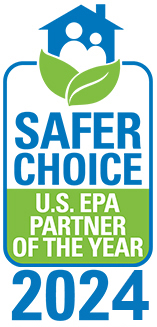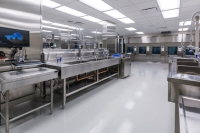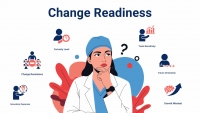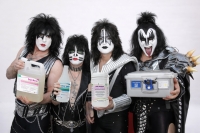Something to Consider on Earth Day
This weekend, both of my coffee pots died. They weren’t cheap. They ground the coffee beans and even made a cappuccino if we used the frothier. Both were the same popular brand purchased approximately three years ago. When I went to the store to replace it this weekend, I was told that it was about time. In fact, we learned that we were lucky as typically these units last only a year or two anyway. I’ve been a medical device manufacturer since 1992. We make durable, sustainable, high- quality products (Containers) that are designed to last and they do, if folks follow our IFU. Some of our SteriTite containers have been in continuous use for over two decades. That might make me a poor businessperson, because the need to replace was never considered, only how to preserve them for future use.
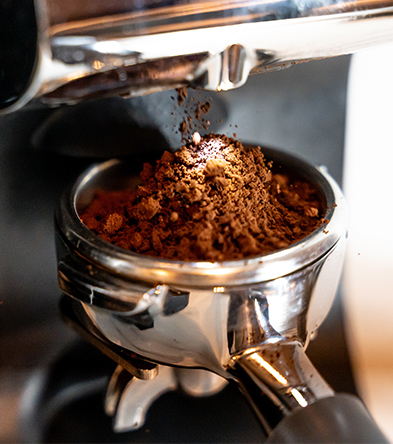
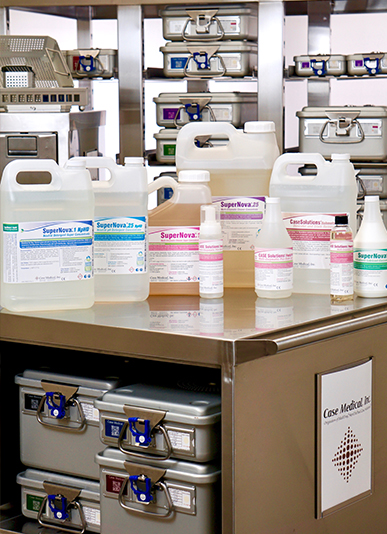
Sustainability Over Three Decades Ago
I might have given you the history before, but I think repeating it is timely. Sustainability was not even a conscious goal in 1992 when we started Case Medical. Our Plan: Make modular components for standardization. Use only reusable and recyclable materials. Ensure that lids and bases as well as component parts were interchangeable. Develop cleaners that preserved the life of the product for future use. The last thing I wanted was returns or complaints from the field. We selected only the most durable, corrosion resistant materials, when the industry was going from metal to plastic. Why use plastic that doesn’t degrade in the landfill when metals, like aluminum, are reusable and recycled? When it comes to developing sterilization containers, aluminum is one of the lightest, most thermo-conductive materials on the planet. Drier for infection prevention and energy savings, faster acting for rapid turn- over to the operating room for patient care procedures.
Penny Wise or Pound Foolish
Sustainability suggests that healthcare systems should be built to last. Sustainability focuses on cost-effectiveness through improved resource management, conserving resources, reducing the carbon footprint and contributing to a healthier planet. Case Medical does not have the biggest market share in the industry. Perhaps making a durable long-lasting product and a way to preserve it was not a good business decision, but I feel it is the right decision. Unlike our competitors, we did not plan for obsolescence. It was never our intention to make a product that required repair, a service contract, or untimely replacement. We took a holistic approach that considers the Total Cost of Ownership, extends beyond profitability and considers the long-term impacts of innovation, economic stability and well-being. Now more than ever, let's recognize the significance of holistic sustainability for healthcare, reducing waste, procuring reusable products, cleaning them with safer chemicals, and planning for shortages. Sustainability and healthcare are interconnected. By adopting a comprehensive approach and working collaboratively, we can drive meaningful changes for ourselves and for future generations. FYI: I bought a new coffee pot, paid a little more, one that is sustainable as it uses beans and coffee grinds, creates less waste, produces more coffee at on shot, and one that has a three- year warrantee.
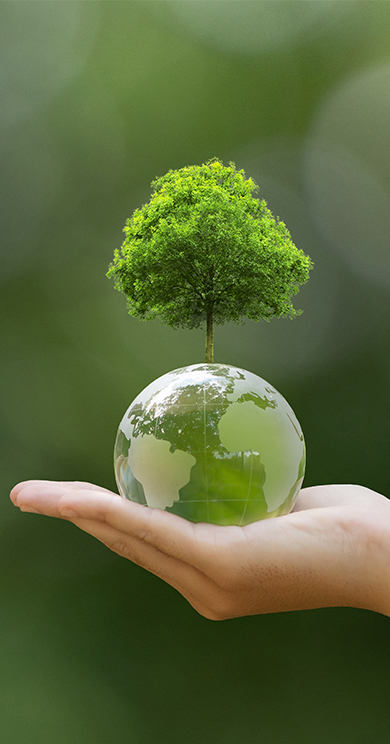
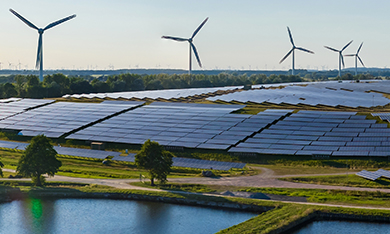
Happy Earth Day!
I’m heading to the Vizient Supplier Form. Then, on April 22, in celebration of Earth Day, Case Medical is being recognized for Environmental Leadership by New Jersey’s Commerce and Industry Association (CIANJ).
Then on Friday, we are off to HSPA where we hope to see you and introduce you to our newest innovations.
Then on Friday, we are off to HSPA where we hope to see you and introduce you to our newest innovations.



